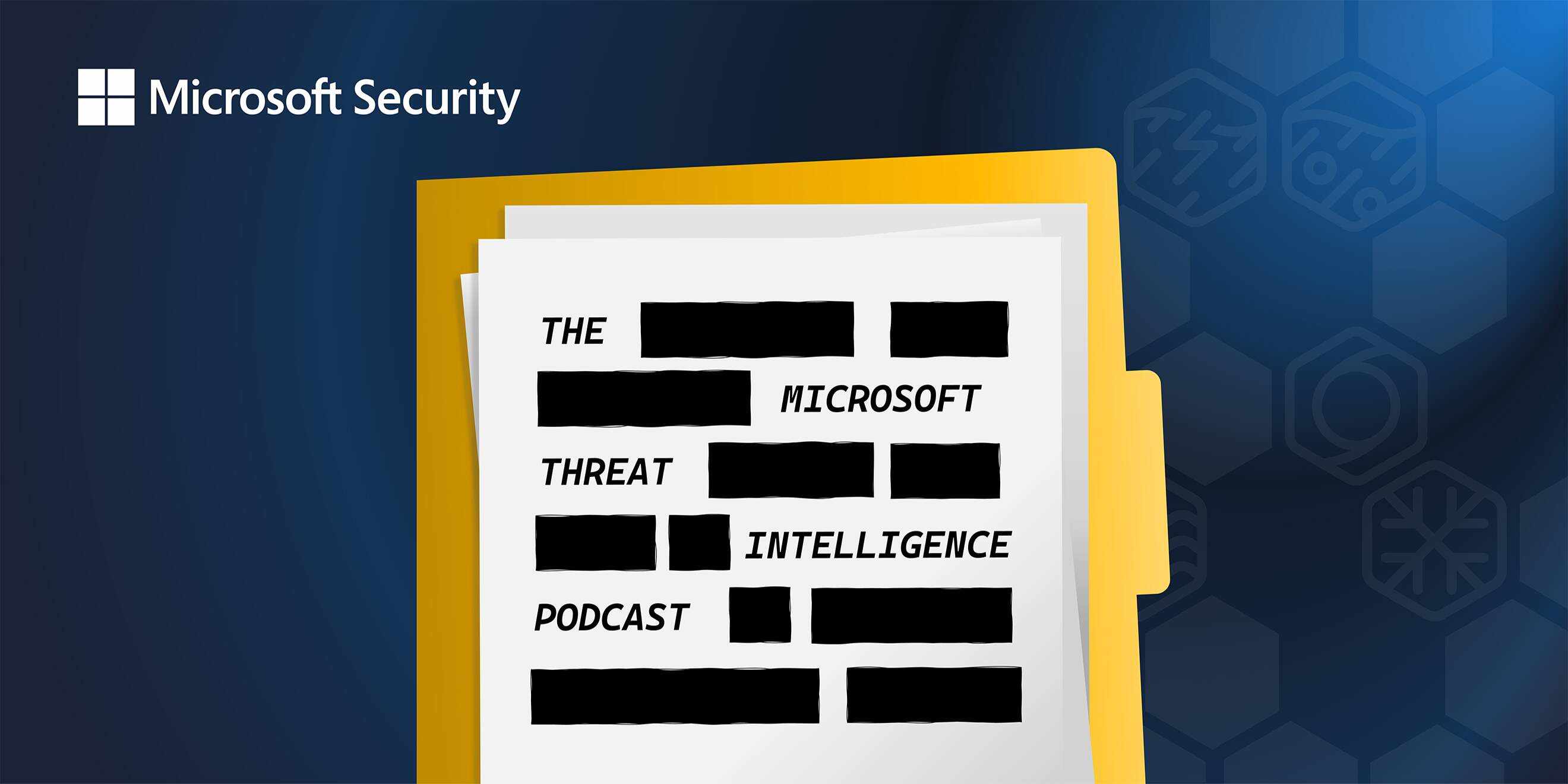Related Posts
Microsoft says April Windows updates break VPN connections
Microsoft says April Windows updates break VPN connections
Microsoft says the April 2024 Windows security updates break VPN connections on Windows 11, Windows 10, and Windows Server systems. […] Read More
BleepingComputer
CISA: Critical Ivanti auth bypass bug now actively exploited
CISA: Critical Ivanti auth bypass bug now actively exploited
CISA warns that a critical authentication bypass vulnerability in Ivanti’s Endpoint Manager Mobile (EPMM) and MobileIron Core device management software (patched in August 2023) is now under active exploitation. […] Read More
BleepingComputer

Paul Melson talks ScumBots
Paul Melson talks ScumBots
On this week’s episode of The Microsoft Threat Intelligence Podcast, Sherrod DeGrippo is joined by former VP of Cybersecurity Solutions at Target Paul Melson. Sherrod and Paul reflect on his experiences in incident response, highlighting the adrenaline rush of detecting and evicting adversaries before they cause harm. Their discussion includes a run down the rabbit hole of open-source intelligence and the creation of the @scumbots twitter feed. They explore the culture at Target’s cybersecurity team, emphasizing the importance of hiring for attitude and the potential for new threats like bribery and insider threats. Paul shares insights into his experiences in cybersecurity and his concerns about future threats, emphasizing the need for continued vigilance and innovation in defense strategies. The episode provides valuable insights into the challenges and developments in cybersecurity, offering practical advice for both professionals and organizations navigating the ever-changing threat landscape. Read More
The CyberWire
